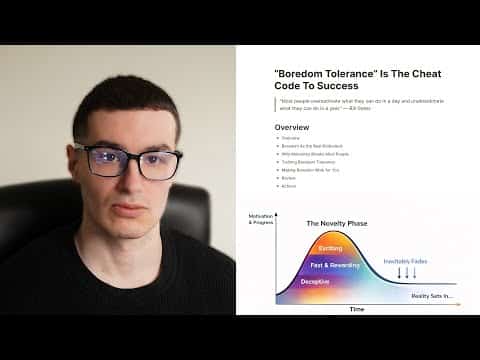The Stress-Smoking Cycle: Understanding and Breaking Free
Edited by: firstname lastname
New research highlights a significant link between chronic stress and smoking, indicating that smokers often experience elevated stress levels compared to non-smokers. This cycle is fueled by nicotine addiction, where the temporary relief from smoking is followed by withdrawal-induced stress, prompting a return to smoking.
A comprehensive longitudinal study in the United States established a strong correlation between psychosocial stressors—from family, financial, and work-related pressures—and the persistence of smoking, as well as difficulties in quitting. The findings revealed that high stress levels nearly doubled the likelihood of continued smoking, regardless of socioeconomic status. Furthermore, stress responses and attentional lapses are significantly associated with relapse rates among former smokers, particularly in young adults.
To effectively break this cycle, experts recommend stress-management techniques such as mindful breathing exercises, short bursts of physical activity, and adequate hydration. These methods offer tangible ways to mitigate stress without resorting to smoking.
Health professionals generally agree that quitting smoking not only drastically reduces cancer risk but also leads to a gradual decrease in overall stress levels over time, improving mood and reducing anxiety. Research suggests that the perceived stress relief smokers associate with cigarettes is largely a misinterpretation of nicotine withdrawal symptoms. Nicotine's temporary calming effect is followed by withdrawal symptoms like irritability and anxiety, creating a self-perpetuating loop.
Studies indicate that quitting smoking can be as effective as antidepressants in improving mental health, with many individuals reporting lower anxiety, depression, and stress levels post-cessation. For instance, a study found that 90% of young people who quit vaping nicotine reported feeling less stressed, anxious, or depressed. The act of quitting itself can also foster a sense of empowerment and control, further enhancing mental well-being.
30 Views
Sources
India Today
World Lung Cancer Day – August 1, 2025
International Respiratory Experts Use World Lung Cancer Day to Stress the Importance of Lung Cancer Screening and Risk Factor Awareness
World lung cancer day is more than a date — it’s about awareness and action
World Cancer Day 2025: Myths About Lung Cancer One Must Know
Smoking and Stress: The Link Revealed
Read more news on this topic:
Did you find an error or inaccuracy?We will consider your comments as soon as possible.



